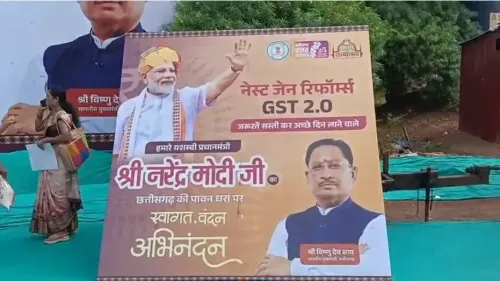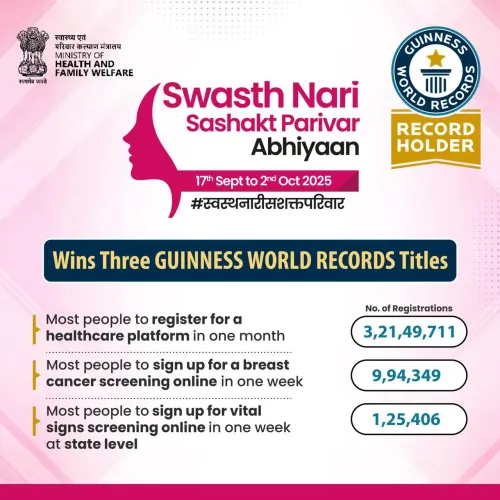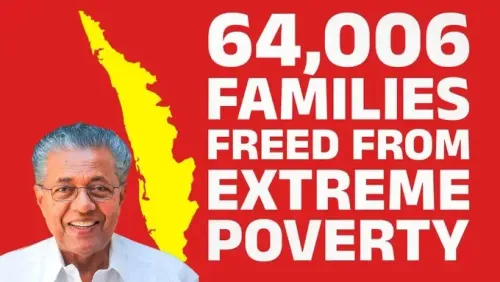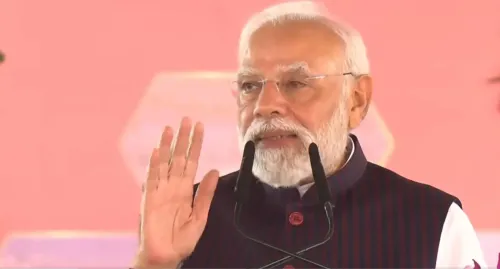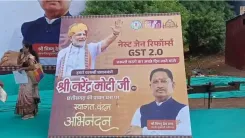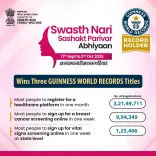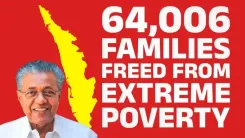Are Police Conducting Digital Arrests? Rajasthan Police Clarifies

Synopsis
Key Takeaways
- Cybercriminals impersonate officials to extort money.
- Victims are intimidated with false claims of serious crimes.
- Digital arrests via video calls are a scam.
- Always verify caller identities and report suspicious activity.
- Public vigilance is crucial in preventing cybercrime.
Jaipur, Oct 28 (NationPress) The Cyber Crime Branch of the Rajasthan Police has issued an important advisory to inform the public about a concerning trend in cybercrime known as digital arrest.
The police have emphasized that no law enforcement agency or governmental body conducts arrests through video calls or any other digital platforms. Citizens are strongly advised to stay alert to protect themselves from this fraudulent scheme.
Deputy Inspector General of Police, Cyber Crime, Vikas Sharma, elaborated that cybercriminals frequently impersonate officials from agencies like the CBI, Police, Customs, Enforcement Directorate (ED), Income Tax Department, or Judiciary.
“These criminals contact victims via phone, employing intimidation tactics by claiming that the victim’s family members are implicated in a crime and will be arrested. They assert that money linked to anti-national activities or money laundering has been deposited in the victim’s bank account, demanding verification of all bank accounts, FDs, or investments, and claiming that a SIM card registered with the victim's Aadhaar number is involved in illicit activities,” he stated.
He added that these fraudsters use these false threats to intimidate and “digitally arrest” victims by keeping them engaged in a prolonged video call.
DIG Sharma further noted that after the initial scare, victims often receive a video call from a fake senior official.
He mentioned that this impersonator demands that the victim transfer money into a “government bank account” under the pretense of verification, falsely claiming it to be part of a tax or investigation procedure.
“In truth, this account is controlled by the cybercriminals. The fraudsters compel victims to stay on the video call throughout the so-called investigation and instruct them not to disclose this information to anyone, including law enforcement,” he explained.
To protect against such scams, the public is advised to refrain from making video calls to anyone claiming to be a police or government official regarding a crime. Never send money if someone requests payment over a video or phone call—no legitimate government agency will ever do this. Always verify the caller ID to ensure that the call comes from an Indian number starting with +91. Report any such threats or suspicious calls immediately to the nearest police station or cyber police station, file a complaint online at the National Cybercrime Reporting Portal: https://cybercrime.gov.in or call the cyber helpline number 1930.

